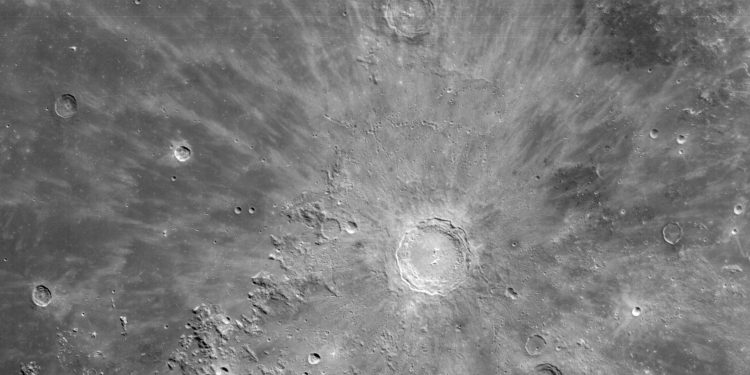When the world came to a standstill during the COVID-19 pandemic, the consequences extended far beyond Earth. Surprisingly, the Moon also experienced a significant temperature drop. According to a study published in the Monthly Notices of the Royal Astronomical Society: Letters, researchers from the Physical Research Laboratory in Ahmedabad, India, noticed a peculiar phenomenon: the surface temperature of the Moon during the night plunged more than expected at several key observation sites.
But what caused this unexpected chill on our lunar neighbor? Scientists believe it’s directly linked to the drastic reduction in human activity during global lockdowns. As industries shut down and transportation slowed, the Earth emitted less heat and radiation into space. The sudden decline in pollution and energy consumption appears to have had an impact on how much thermal radiation was emitted from Earth, which in turn affected the Moon’s night-time temperature.
Earth’s Cooldown, Moon’s Reaction
During the day, the Earth’s atmosphere reflects a substantial portion of the Sun’s energy back into space while absorbing some of it. The Moon, much like Earth, is bombarded by solar radiation during daylight hours. However, the real intrigue happens at night. Unlike the daytime, when the Sun plays a significant role in heating celestial bodies, nighttime temperatures on the Moon are influenced mainly by radiation emitted from Earth.
The research team found that this natural flow of heat from Earth to the Moon was disrupted during the early months of the COVID-19 pandemic. As human activity drastically decreased, the Earth released less energy at night. Scientists dubbed this phenomenon an “anomalous dip” in lunar nighttime temperatures.
A Global Event with Cosmic Implications
The significant drop in temperature observed on the Moon serves as an indirect reflection of the global impact that the pandemic had on environmental pollution and energy use. For months, the Earth’s usual output of heat plummeted, causing the Moon’s surface to cool more than usual.
This unique event provided researchers with an unexpected opportunity to study the interplay between human activity and space. The study’s authors suggest that these findings could further enhance our understanding of the Earth’s radiation budget and the ongoing effects of climate change. By monitoring the Moon’s surface temperatures, they argue, we can establish a “stable platform” to study how our planet’s energy emissions are changing over time.
The Moon: A New Frontier for Climate Study?
The research goes beyond simply noting the Moon’s cooler temperatures. It opens up the possibility that lunar-based observatories could be used to monitor Earth’s climate in the future. The Moon’s surface, being free from atmospheric interference, offers an ideal vantage point to detect subtle shifts in Earth’s energy emissions. This could help scientists develop new tools for tracking climate change with unprecedented precision.
By seizing the rare circumstances of the COVID-19 pandemic, this study suggests a new way of looking at the Moon—not just as a distant companion to Earth, but as a potential outpost for understanding our own planet’s future.
What makes this study even more significant is that it utilized an extraordinary event that may never be repeated. The global lockdowns provided a clear, real-time example of how human behavior can directly influence not just Earth’s environment, but even the space beyond it.











